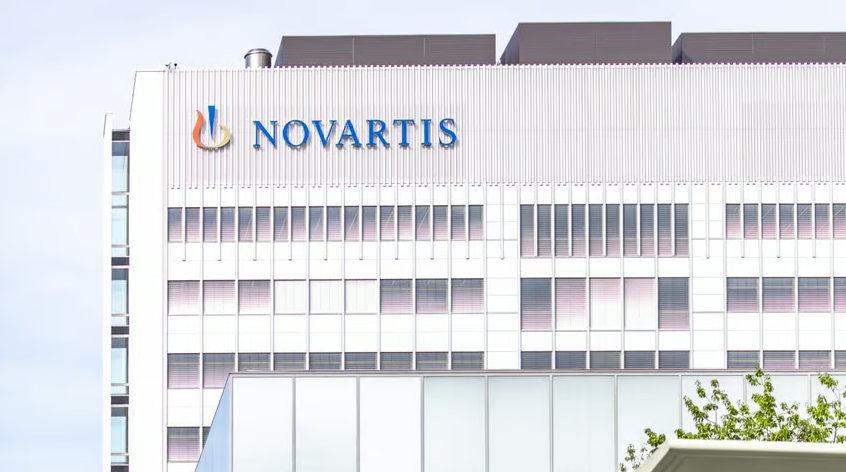Blog
Blog
ASCO: Novartis’ Scemblix proves edge over predecessor Gleevec in newly diagnosed leukemia

With results from a head-to-head study comparing its newer chronic myeloid leukemia (CML) treatment Scemblix to its own standard-of-care tyrosine kinase inhibitor (TKI) Gleevec in newly diagnosed patients, Novartis may have a more favorable option on its hands.
The ASC4FIRST study was the first randomized head-to-head phase 3 trial comparing Novartis’ Scemblix with Gleevec or a stronger second-generation TKI in recently diagnosed CML patients. Novartis revealed details from the study at this year’s American Society of Clinical Oncologist (ASCO)’s annual conference after releasing results from a primary analysis in January.
A unique endpoint
Molecular response rates and deep molecular response rates in particular could offer insights on potential for treatment-free remission. The measure evaluates BCR-ABL1 in the blood and is more sensitive than a bone marrow or a radiographic response as measured by the typical tumor response rate endpoint. MRR data is how Schemblix originally scored a conditional approval in third-line CML treatment three years ago.
Overall survival and progression-free survival are widely considered the gold standard for oncology treatments. But for a chronic disease like CML, deep molecular response and tolerability may be just as key.
That’s because treatments such as Gleevec changed the game in 2001, making life expectancy for CML patients similar to that of the general, cancer-free population, Novartis pointed out in its January release. Gleevec was the first approved TKI and opened the door to other entrants to the class such as AstraZeneca’s Tagrisso while also “turning a once fatal diagnosis into a manageable condition,” according to the Leukemia and Lymphoma society.
Still, not all patients find effective treatment with traditional TKIs. That poses a significant problem considering the chronic nature of the disease requires long-term treatment. Adverse events and drug intolerance often prompt therapy discontinuation, with adverse events specifically leading to up to 25% of patients discontinuing their treatments by five years, according to Novartis.
Scemblix was specifically designed to be safer and more tolerable than older TKIs. In the study, “most” adverse event types were fewer in the Scemblix group than in the control arm, with the most frequent being low platelet count and low neutrophil count at 13% and 10%, respectively, for Scemblix.
Plus, only 1% of patients who received the med experienced blood clots, which is a severe side effect of TKIs. Importantly, the Scemblix side of the study had a lower rate of discontinuation and dose adjustment or other treatment interruptions.
Earlier-stage potential
If it can move into first-line treatment, Scemblix could add the estimated 9,280 new CML patients diagnosed yearly to its eligible patient population. But with Gleevec’s decades of market dominance, some doctors could be hesitant to accept the new option, Novartis’ CEO Vas Narasimhan, M.D., noted on a call with investors earlier this year.
However, the CEO does foresee a “very rapid uptake” among patients currently on second-generation TKIs, he added, because they are already willing to embrace newer options.
Researchers will continue to follow the ASC4FIRST participants to evaluate the drug’s long-term safety profile and figure out if reaching an MMR earlier is still an accurate way to predict outcomes. Further analyses will focus specifically on overall survival, progression-free survival and treatment-free remission.
As of late November, treatment was continuing for 86% of patients treated with Scemblix.
Πηγή: fiercepharma.com





